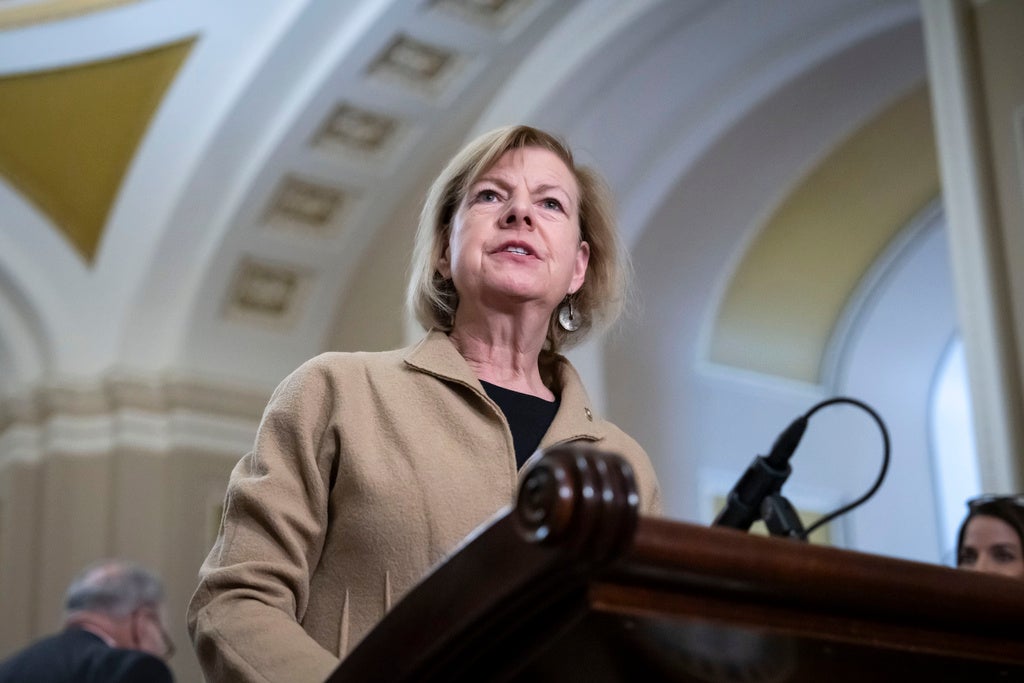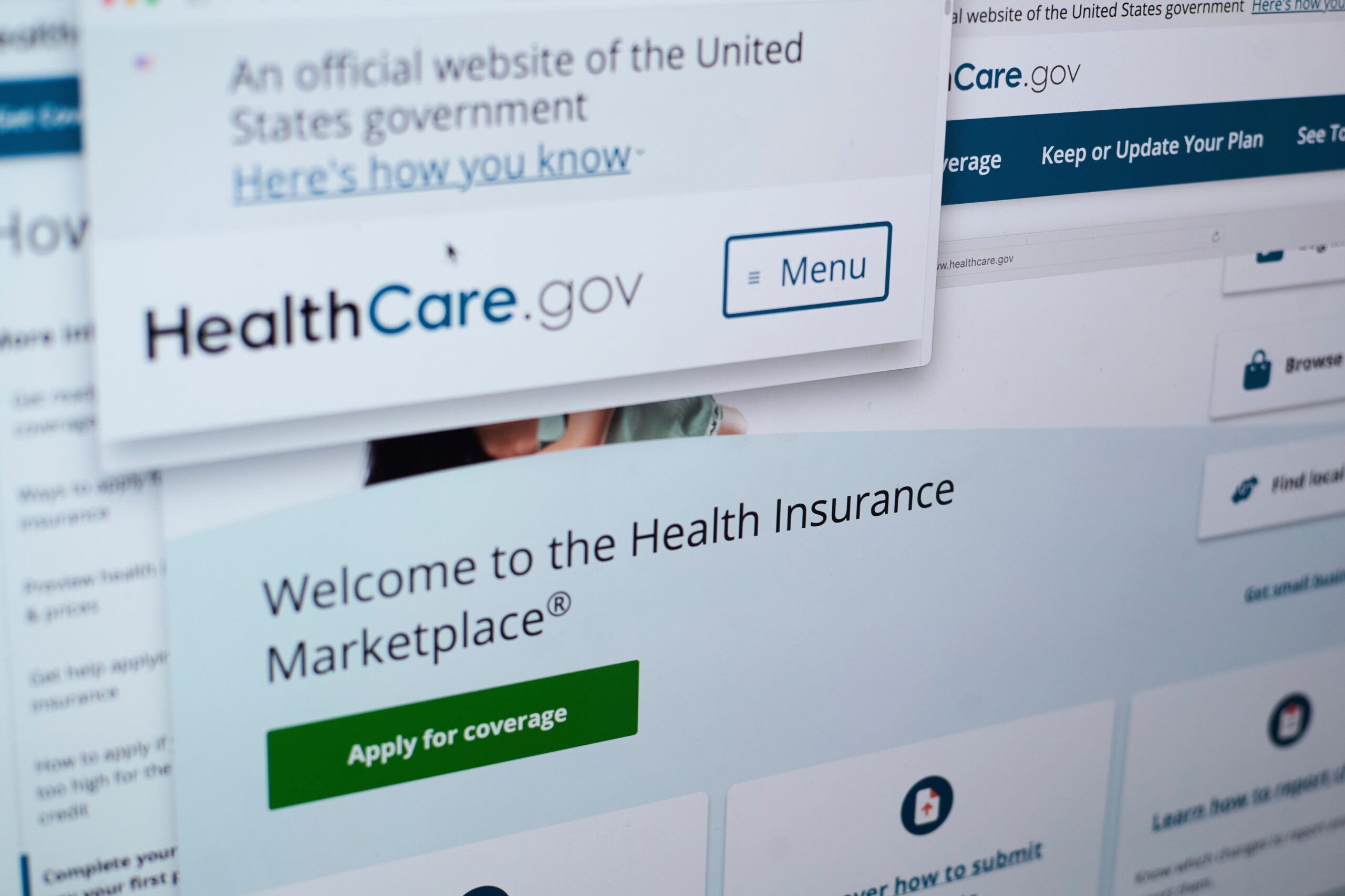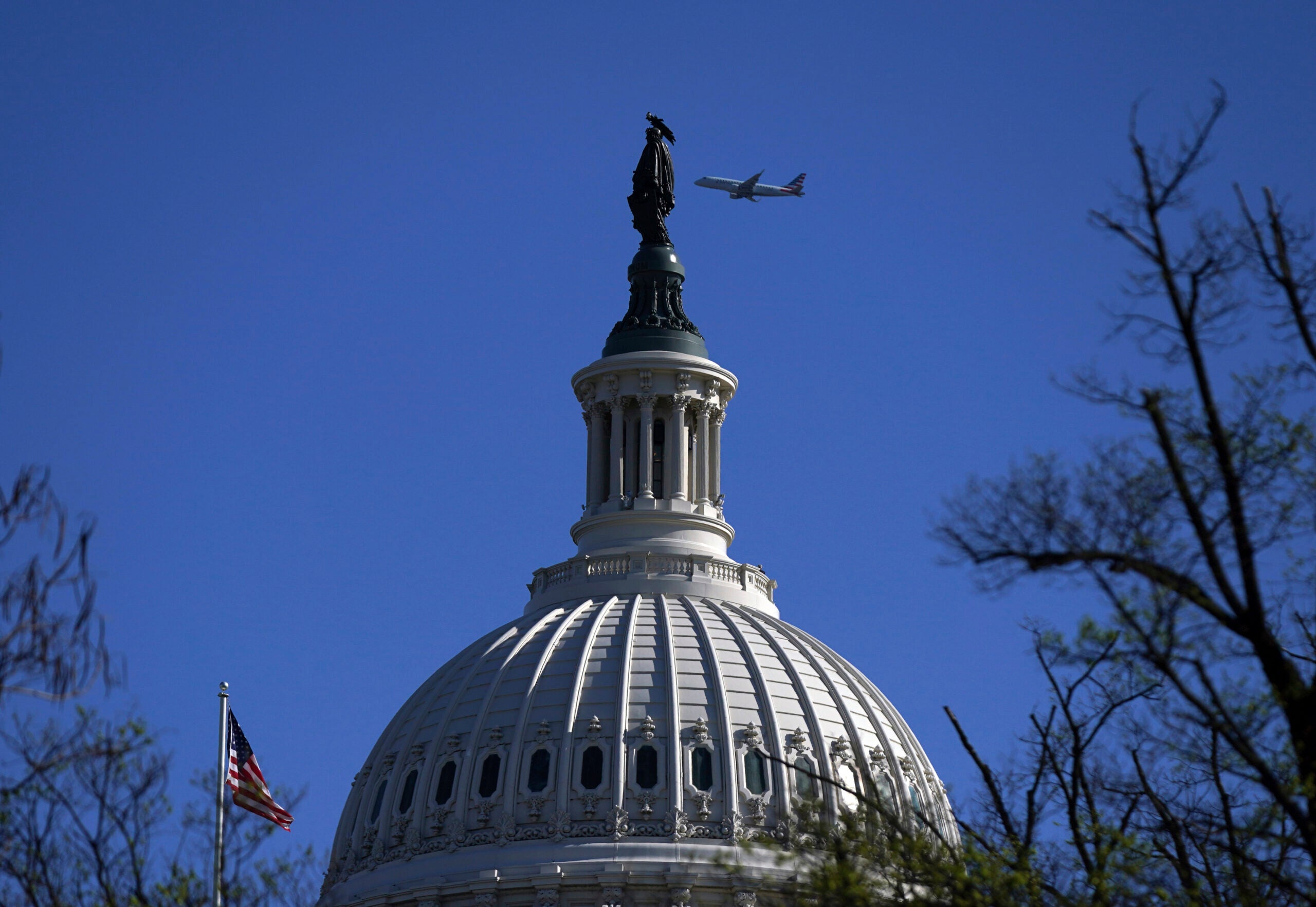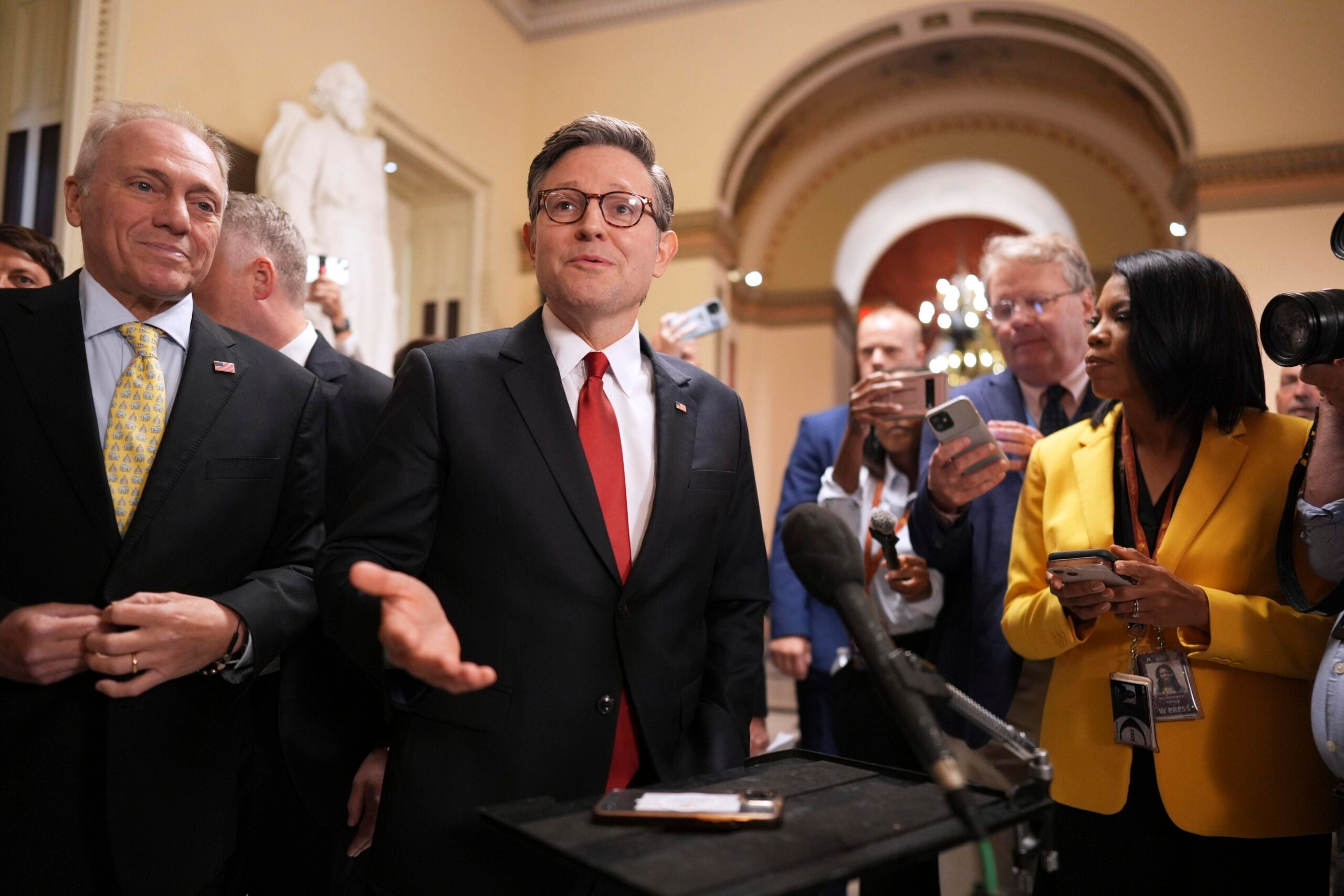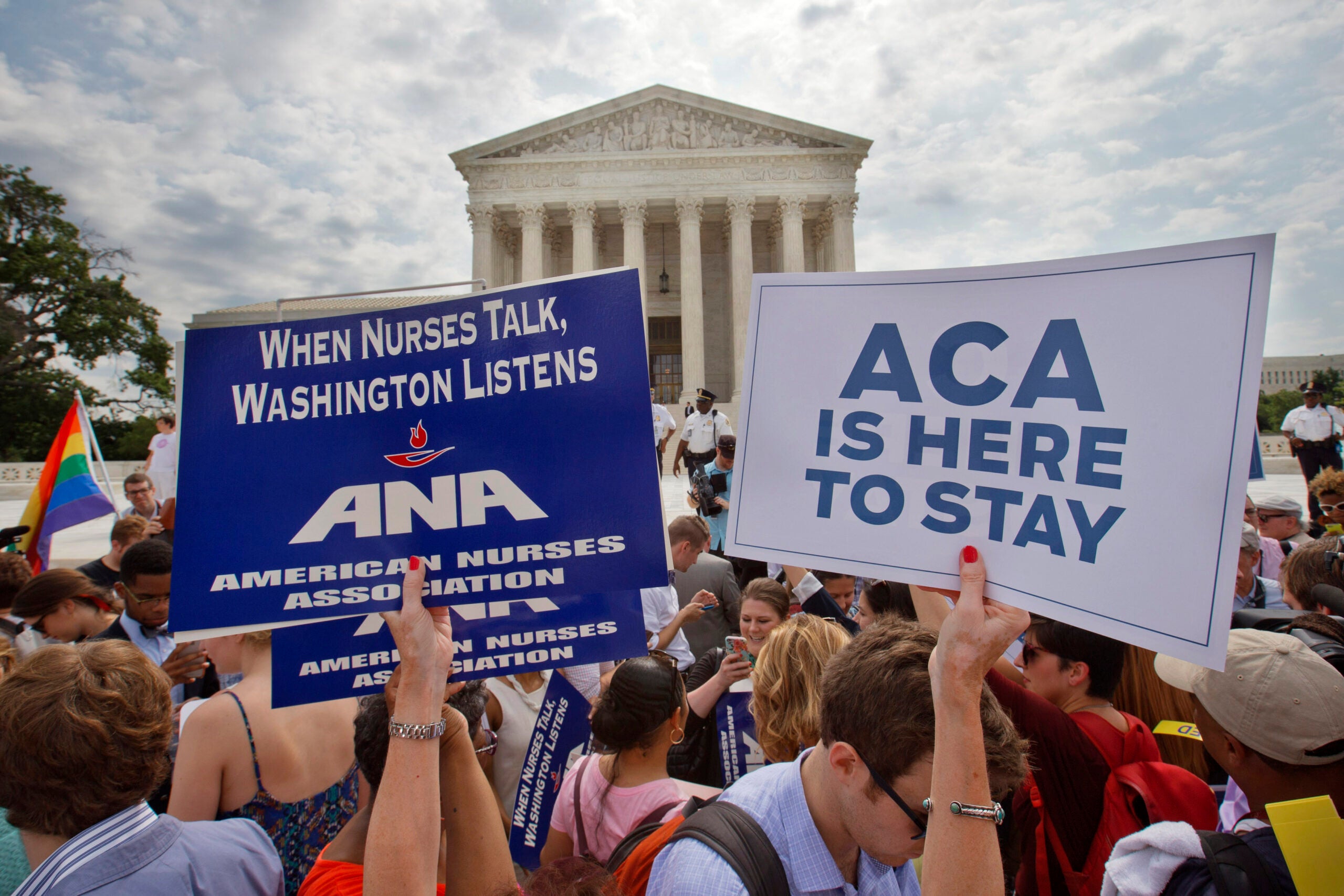As Republicans in Congress try to come up with a plan to replace the Affordable Care Act, hospitals and insurance companies are asking elected officials to preserve a part of the health care law known as cost-sharing reduction payments. Without them, providers say, there could be fewer health plans and premiums could rise.
The federal payments keep out-of-pocket costs such as deductibles affordable for consumers buying coverage on the insurance marketplace. The money goes to insurers, allowing them to offer consumers a better plan for less money. J.P. Wieske is deputy insurance commissioner for Wisconsin, where, he said, the marketplace is competitive, unlike other states such as Arizona and Tennessee.
“So the insurer provides that plan, and if they don’t receive the cost-sharing reduction in those states … it will be too expensive for them to provide coverage and they’ll exit. Especially if you’re looking at states that only have one (insurance) carrier left or two carriers left,” Wieske said.
News with a little more humanity
WPR’s “Wisconsin Today” newsletter keeps you connected to the state you love without feeling overwhelmed. No paywall. No agenda. No corporate filter.
Wisconsin Insurance Commissioner Ted Nickel also serves as head of the National Association of Insurance Commissioners. The group recently wrote a letter to Congress asking them to keep funding the cost-sharing payments. Other groups have also asked for the payments to continue, including the U.S. Chamber of Commerce and the American Hospital Association.
In letter sent to President Donald Trump earlier this month, Wisconsin Democratic U.S. Sen. Tammy Baldwin said more than 120,000 Wisconsinites, “currently rely on this assistance to keep their deductibles low and help them afford critical health services.”
Tim Jost, an emeritus professor at Washington and Lee University who studies health care law, said the consequences of not continuing the funding could be “dire.”
“It is health care providers who are going to end up holding the bag because there will be more uncompensated care,” Jost said.
While Democrats and Republican leaders in Congress reportedly support keeping cost-sharing reductions in place, it’s less clear where far-right Republicans and the White House stand on the issue.
Wisconsin Public Radio, © Copyright 2026, Board of Regents of the University of Wisconsin System and Wisconsin Educational Communications Board.

